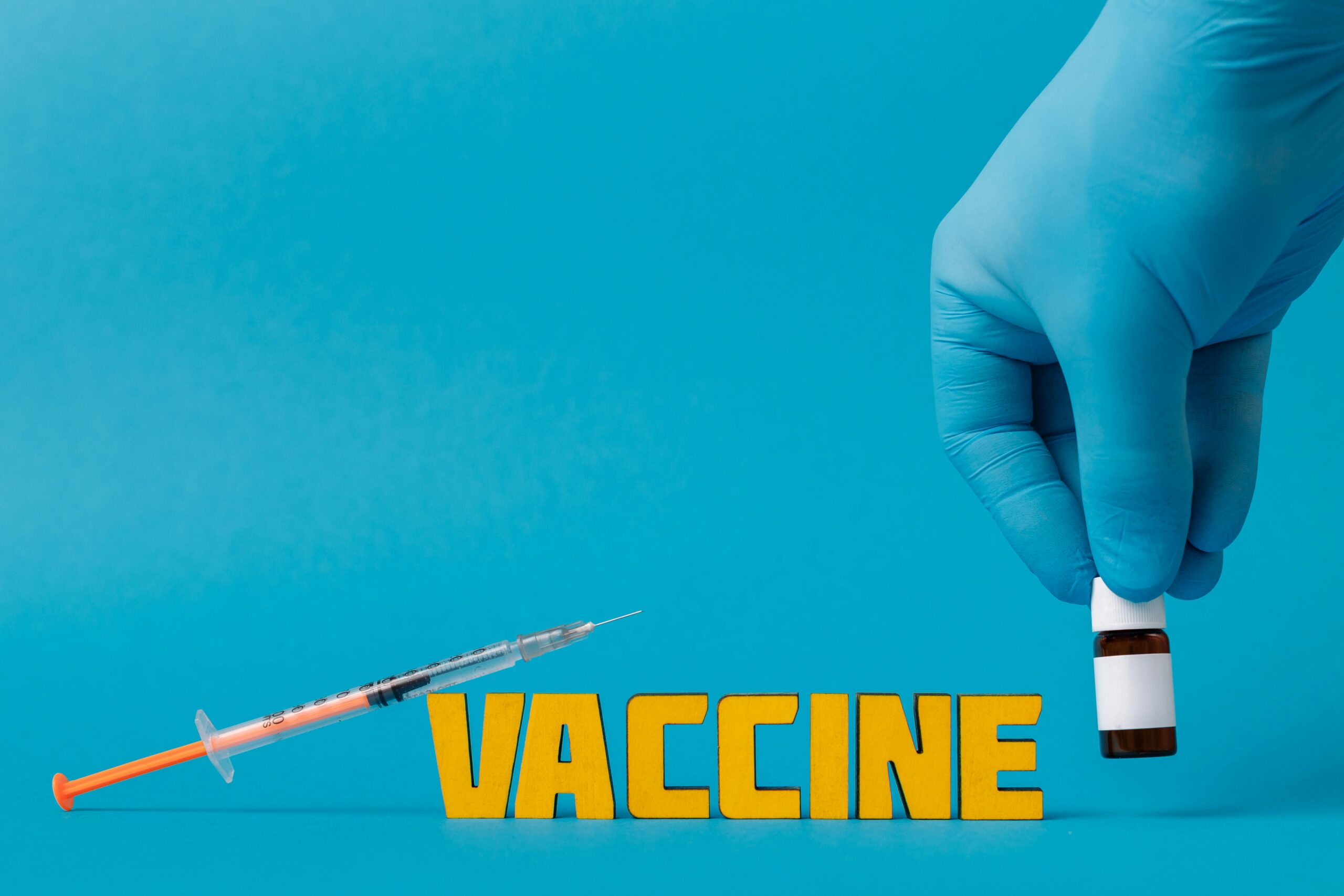The Truth About Vaccines: Powerful Protection or Risky Choice?
If you scroll through social media, you’ve likely encountered posts or videos claiming that vaccination is ineffective or even a lie. These opinions, often fueled by misinformation, have sparked heated debates and left many people wondering: Are vaccines truly necessary? This trend has grown in recent years, especially as global health policies face increased scrutiny. In this post, we’ll explore the truth about vaccines, separating fact from fiction, and look at why they play such a critical role in protecting public health.
Before Vaccination: The Dark Times of Pandemics
To understand the importance of vaccination, we need to look back at life before the first vaccine. In the centuries before modern medicine, pandemics devastated populations, leaving communities in fear and despair. Diseases like smallpox, measles, and the plague swept through continents, often killing millions and leaving survivors scarred for life.
Smallpox alone claimed an estimated 300 million lives in the 20th century before it was eradicated. People had no tools to protect themselves from these invisible enemies, and the idea of preventing disease rather than just treating it was almost unheard of. The lack of vaccines left populations at the mercy of nature, where even a common outbreak could disrupt societies, cripple economies, and wipe out entire families. The discovery of vaccination marked a turning point in human history, providing a powerful weapon against these devastating diseases.
The Dawn of Vaccination: A Revolutionary Breakthrough
The concept of vaccination began in the late 18th century with Edward Jenner, an English physician who observed a curious phenomenon: milkmaids who contracted cowpox, a mild disease, seemed to be immune to smallpox. In 1796, Jenner tested his theory by introducing cowpox material into a young boy’s system. When exposed to smallpox later, the boy did not fall ill. This marked the birth of the smallpox vaccine and the beginning of immunology.
Since then, vaccines have evolved significantly, using advanced science to protect against a wide range of diseases. But how do they actually work? Vaccines mimic an infection, prompting the immune system to produce a defense without causing the disease itself. They introduce harmless parts of a pathogen—such as a protein or a weakened form of the virus—to train the immune system. This way, if the body encounters the actual disease later, it’s already prepared to fight it off effectively.
Essential Vaccines and Their Impact
Vaccines are not just tools; they are lifelines that protect individuals and entire communities from severe diseases. Some of the most critical vaccines include:
- Polio Vaccine: Prevents poliomyelitis, a virus that can cause paralysis and even death. Thanks to widespread vaccination, polio has been eradicated in most parts of the world.
- Measles Vaccine: Protects against measles, a highly contagious disease that can lead to severe complications, including brain damage and death.
- Diphtheria, Tetanus, and Pertussis (DTP) Vaccine: Shields against these life-threatening bacterial infections, which can cause respiratory failure and other complications.
- HPV Vaccine: Prevents human papillomavirus infections, reducing the risk of cervical and other cancers.
- Influenza Vaccine: Reduces the risk of severe flu cases and prevents related complications, especially in vulnerable populations.
What Happens When We Stop Vaccinating?
The dangers of not vaccinating are well-documented. Without vaccines, diseases we thought were under control can quickly resurface, causing widespread outbreaks.
For instance, in 2019, measles outbreaks occurred in communities with low vaccination rates, such as in Samoa. A combination of vaccine hesitancy and disrupted immunization programs led to a measles epidemic that infected over 5,000 people and claimed more than 80 lives—most of them children.
Similarly, in the United States, areas with low vaccination rates have experienced outbreaks of diseases like whooping cough and measles. These incidents underscore how quickly diseases can spread in unprotected populations, reversing decades of progress.
Vaccines don’t just protect individuals; they create herd immunity, shielding those who cannot be vaccinated, such as infants or individuals with weakened immune systems. Without them, we risk a return to the dark days of preventable epidemics.
The Bottom Line: Vaccination Is a Lifesaver
The evidence is clear: vaccination has transformed public health, saving millions of lives and preventing untold suffering. While skepticism and misinformation persist, it’s crucial to rely on science and trusted sources when making decisions about health.
By choosing vaccination, you’re not only protecting yourself but also contributing to the safety of your community. History has shown us what happens when diseases are left unchecked—and vaccines are the key to ensuring we don’t repeat those mistakes.
So, the next time you come across a post doubting vaccines, remember the incredible progress they’ve brought us. Vaccination is not just a personal choice; it’s a responsibility we share for the well-being of everyone around us.
Keep Exploring Your Path to Better Health
Thank you for reading about the truth behind vaccines! If you’re passionate about taking control of your health, don’t miss out on these insightful articles designed to help you boost your well-being:
- Must-Have Gadgets in 2024: The Ultimate List for Boosting Your Health
Stay ahead of the curve with the top health gadgets of 2024 that can transform the way you care for your body and mind. Discover the latest innovations for better living! - Unlock Better Health: How a Pulse Oximeter Empowers You to Track Oxygen Levels and Boost Well-being
Take charge of your health with a pulse oximeter, a simple yet powerful tool for monitoring oxygen levels and ensuring you’re at your best. Learn how it can make a difference in your daily health routine!

